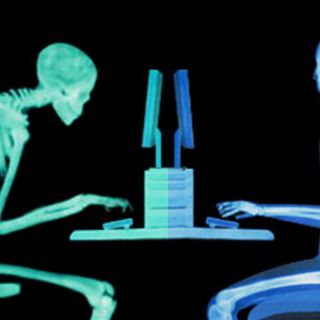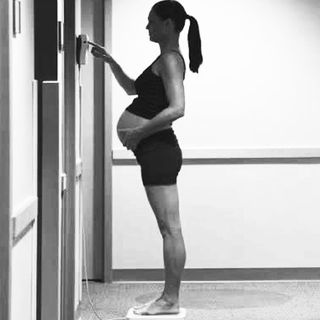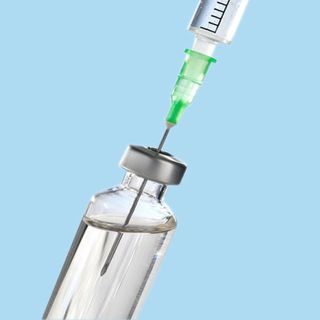A courteous health care provider is all it takes to create a mostly pain-free medical check-up for patients — literally. According to a study presented in The Anesthesiology Annual Meeting 2019, patients are almost 400% more likely to say their pain was well-controlled or manageable when their doctor was considerate while carrying out invasive procedures like drawing blood.
“It’s not surprising that a courteous health care provider can improve the patient experience, but we were shocked at just how powerful that factor was,” Mario Moric, M.S., lead author of the study and a biostatistician at Rush University Medical Center in Chicago, said in a statement.
Often, a health care provider’s behavior can be a catalyst for how much a patient trusts medical help. Maltreatment of patients, especially women, is rife in developing countries in Asia and Africa, The Swaddle has previously reported. This can be damaging to a patient’s psyche and even discourage them from seeking medical help. Considerate behavior from health care providers could encourage patients to seek help when necessary, and even beat superstition and pseudoscience.
Related on The Swaddle:
Patient Feedback Could Improve Childbirth Experiences at Hospitals
Researchers gathered data from around 5,000 adult patients by asking them about the pain they experienced during medical check-ups and their health care provider’s behavior while drawing blood. These patients were under treatment for a variety of reasons, including surgeries, and they had their blood drawn around four times per visit.
Having one’s blood drawn several times a day can be a cause of annoyance, anxiety and significant pain because it involves piercing a needle into a vein. “We thought the more needle sticks the higher the pain perception, but we found that effect was small. It turns out the experience of pain is much more significantly affected by the attitude of the people treating you,” added Moric.
82% of the patients interviewed said the staff that attended to them did everything they could to help manage their pain, and 65% rated their ability to manage their pain as quite high. From the responses, researchers found that those who rated their health care provider’s courtesy highly were almost 400% more likely to have rated their ability to manage pain as very high too, which means they were not too bothered by the pain because their health care provider was kind.
“It’s important to continue to improve health care procedures by making them less invasive, but listening to patients and letting them know you are trying to minimize their discomfort also is really powerful and should be a focus for all health care training programs,” Dr. Asokumar Buvanendran, co-author of the study and chair of the American Society of Anesthesiologists Committee on Pain Medicine, said in a statement. He added, “Being kind makes a big difference in the patient experience, and that’s good for everyone.”




